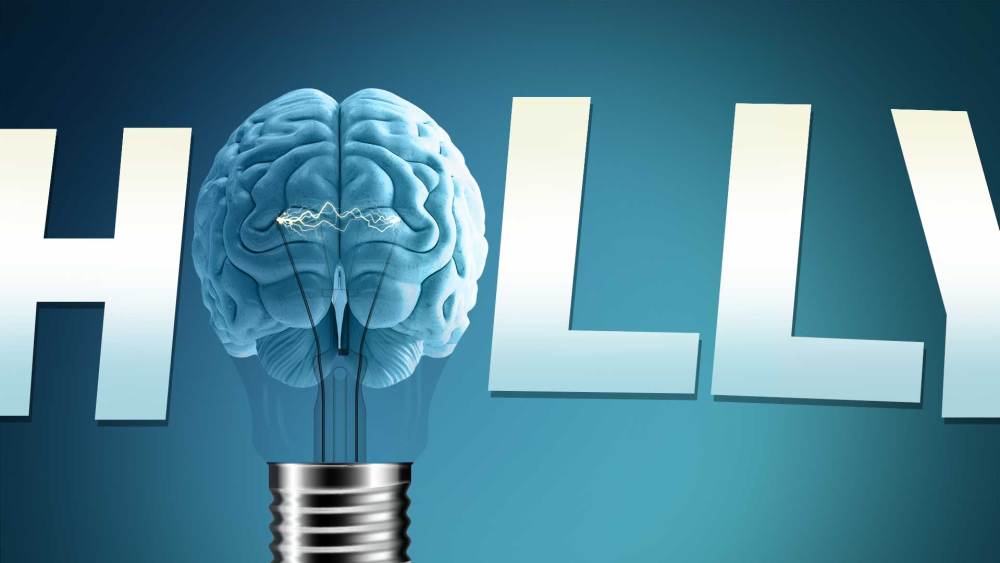Will Generative AI Supplant or Supplement Hollywood’s Workforce?
Note: This article is based on Variety Intelligence Platform’s special report “Generative AI & Entertainment,” available only to subscribers.
The rapidly advancing creative capabilities of generative AI have led to questions about artificial intelligence becoming increasingly capable of replacing creative workers across film and TV production, game development and music creation.
Talent might increasingly view and use generative AI in more straightforward ways as simply a new creative tool in their belt, just as other disruptive technologies through time have entered and changed how people make and distribute their creative work.
In effect, there will still — and always — be a need for people to be the primary agents in the creative development process.
“Talent will incorporate AI tools into their existing processes or to make certain aspects of their process more efficient and scalable,” said Brent Weinstein, chief development officer at Candle Media, who has worked extensively with content companies and creators in developing next-gen digital-media strategies and pioneering new businesses and models that sit at the intersection of content and technology.
The disruptive impact of generative AI will certainly be felt in numerous creative roles, but fears about total machine takeover of creative professions are most likely overblown. Experts believe generative AI won’t be a direct substitute for artists, but it can be a tool that augments their capabilities.
“For the type of premium content that has always defined the entertainment industry, the starting point will continue to be extraordinarily and uniquely talented artists,” Weinstein continued. “Actors, writers, directors, producers, musicians, visual effects supervisors, editors, game creators and more, along with a new generation of artists that — similar to the creators who figured out YouTube early on — learns to master these innovative new tools.”
Joanna Popper, chief metaverse officer at CAA, brings expertise on all emerging technologies relevant for creative talent and the potential to impact content creation, distribution and community engagement.
“Ideally, creatives use AI tools to collaborate and enhance our abilities, similar to creatives using technical tools since the beginning of filmmaking,” Popper said. “We’ve seen technology used throughout history to help filmmakers and content creators either produce stories in innovative ways, enable stories to reach new audiences and/or enable audiences to interact with those stories in different ways.”
A Goldman Sachs study released last month of how AI would impact economic growth estimated that 26% of work tasks would be automated within the “arts, design, sports, entertainment and media” industries, roughly in line with the average across all industries.
In February, Netflix received backlash after releasing a short anime film that partly used AI-driven animation. Voice actors in Latin America who were replaced by automated software have also spoken out.
Julian Togelius, associate professor of computer science and engineering and director of the Game Innovation Lab at the NYU Tandon School of Engineering, has done extensive research in artificial intelligence and games. “Generative AI is more like a new toolset that people need to master within existing professions in the game industry,” he said. “In the end, someone still needs to use the tool. People will always supervise and initiate the process, so there’s no true replacemen. Game developers now just have more powerful tools.”


